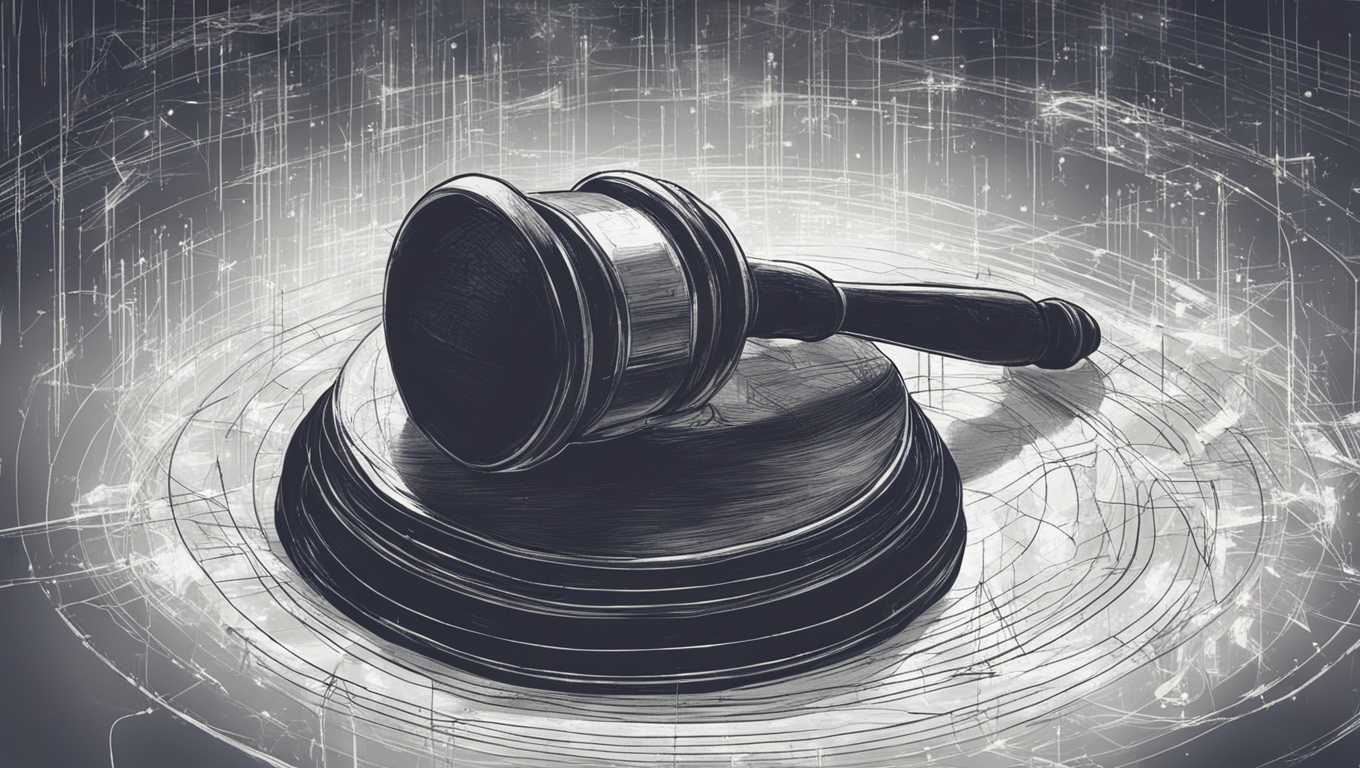Chief Justice Ivor Archie of Trinidad and Tobago recently expressed his concerns about the potential impact of artificial intelligence (AI) and cyber attacks on the country’s judiciary. Speaking at a media briefing after a conference of regional chief justices, CJ Archie acknowledged that the use of AI is necessary for the judiciary to remain relevant and productive. However, he emphasized the need to avoid algorithmic bias and other weaknesses that could contaminate the decision-making process.
When asked about cyber attacks, CJ Archie revealed that there have been recent attempts at penetration in Trinidad and Tobago, but they were successfully contained. He noted that malicious hackers are continually evolving their methods. The conference provided an opportunity for regional judiciaries to assess their cyber security and develop strategies to mitigate risks and ensure continuity in the event of a breach.
While CJ Archie did not consider AI a direct threat to the judiciary, he highlighted the need for caution and possibly legislation to address potential dangers. He mentioned examples from other jurisdictions where lawyers have used AI to prepare briefs with fictitious citations, highlighting the impact on the quality and reliability of evidence. CJ Archie stressed the importance of establishing protocols for the acceptance of certain types of evidence and suggested that legislation may be necessary in some cases.
Although CJ Archie acknowledged the practical uses of AI and its potential to improve service delivery in the judiciary, he emphasized the need to adapt appropriate technology to each jurisdiction’s circumstances. He also highlighted the importance of personal precautions in cyber security, such as regularly changing passwords and closing computers when not in use.
Chief Justice Bryan Sykes of Jamaica echoed CJ Archie’s sentiments, emphasizing the need for increased accountability and the sharing of best practices among judiciaries. He acknowledged the impact of digitization on service delivery and emphasized the importance of using technology to enhance access to justice.
Overall, the conference provided an opportunity for regional chief justices to address the challenges and opportunities presented by AI and cyber security. It highlighted the importance of remaining vigilant and proactive in adapting to technological advancements while ensuring the integrity and reliability of the justice system.
In conclusion, CJ Archie and other regional chief justices recognize the potential benefits of AI in the judiciary but also acknowledge the need for caution and proper protocols. They emphasize the importance of assessing and improving cyber security measures to protect against potential attacks. By taking proactive steps and sharing best practices, regional judiciaries can enhance their accessibility, responsiveness, accountability, and efficiency in the digital age.





Use the share button below if you liked it.